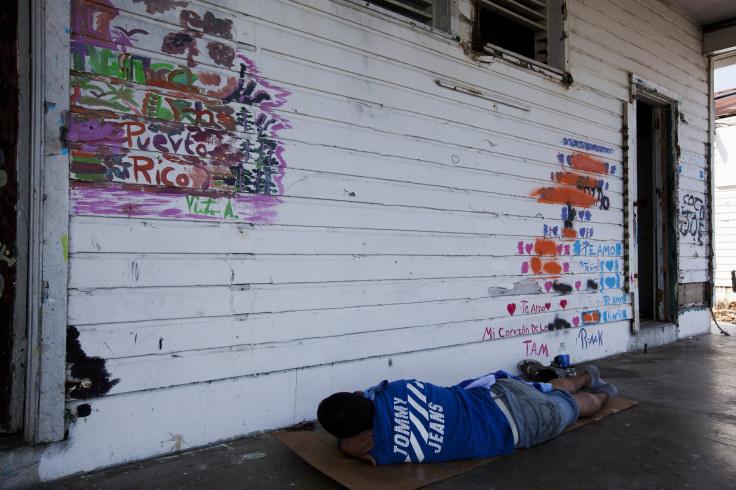
Puerto Rico has long been an investor's tax haven, particularly for US investors seeking to take advantage of the nation's lower taxes. Yet a rising national debt has many investors concerned. And indeed, Time Magazine has predicted Puerto Rico as the 'next financial catastrophe,' explaining that the island is in "dire financial condition." After decades of over-borrowing, Puerto Rico has accumulated a national debt of over $70 billion dollars, despite having just 4 million residents.
Puerto Rico managed to sell off $3.5 billion in new debt, however, as Time explains, "the crisis still poses a danger to everyday U.S. investors." As the magazine discusses, a group of U.S. investors, eager to take advantage of Puerto Rico's triple-tax exempt bonds, meaning investors pay no federal, state or local taxes. As a result, today, around 70 percent of U.S. mutual funds own Puerto Rican securities. Yet with high unemployment and mass immigration to the US, recovering the debt is going to be a challenge.
However, now Puerto Rican debt has been heavily downgraded, to the point where it now sits below investment grade. This increases the risk of default or a debt restructuring: for a country that hasn't balanced its budget in a decade, this may be a challenge. The result is a seemingly impossible paradox: "in 2013 alone, the government passed $ 1.36 billion in new taxes. While this increases the government’s revenue, it makes doing business on the island more onerous – which in turn further impedes economic growth."
© 2024 Latin Times. All rights reserved. Do not reproduce without permission.